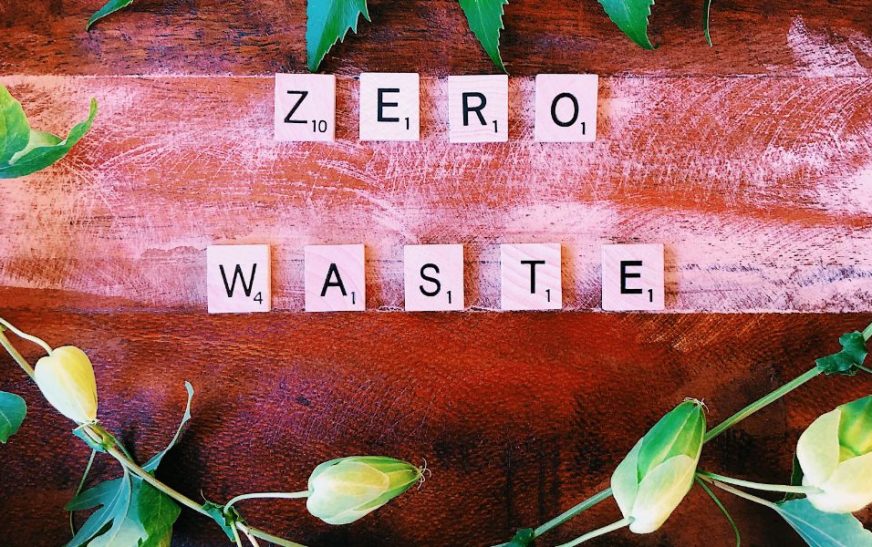In the ever-evolving landscape of environmental consciousness, the concept of a zero-waste lifestyle has emerged as a beacon of hope for a sustainable future. Is a zero-waste lifestyle possible, or is it just an idealistic notion? We delve deep into this eco-conscious realm, exploring zero-waste lifestyle ideas, strategies, and the pivotal role of technology in achieving a waste-free world.
The Zero-Waste Paradigm
A zero-waste lifestyle is more than a trend; it’s a movement with a profound impact on our planet. It envisions a world where we produce little to no waste, minimizing our environmental footprint. This paradigm shift calls for a reevaluation of how we consume, waste, and innovate.
Zero-Waste Lifestyle: What Does it Entail?
Embracing a zero-waste lifestyle means rethinking daily choices. It involves reducing, reusing, and recycling to the utmost extent. It’s about adopting sustainable habits, such as composting, shopping with reusable containers, and repairing rather than discarding.
Sustainability: A Collaborative Effort
Sustainability isn’t a solo endeavor; it’s a collective commitment. Individuals, communities, governments, and corporations must come together to make this vision a reality. Technology, in particular, plays a pivotal role in this journey.
Tech-Driven Sustainability
Technological advancements have paved the way for innovative solutions, making a zero-waste lifestyle more achievable than ever before.
Smart Recycling Bins
Technology has enabled the development of smart recycling bins equipped with sensors. These bins optimize waste collection routes, reduce overflowing bins, and enhance recycling efficiency.
Food Waste Tracking Apps
Apps that help track and minimize food waste have gained popularity. They provide real-time alerts for expiring items and offer creative recipes to reduce food wastage.
Blockchain for Supply Chain Transparency
Blockchain technology is being harnessed to create transparent supply chains. This ensures that consumers can make informed choices, reducing waste caused by inefficient or unsustainable production.
3D Printing for Sustainable Manufacturing
3D printing technology allows for precise manufacturing with minimal waste. It’s revolutionizing industries by producing products on-demand, minimizing excess inventory and waste.
The Role of AI in Waste Reduction
Artificial intelligence is a game-changer in the journey towards a zero-waste world.
Waste Sorting Robots
AI-powered robots can efficiently sort through waste, identifying recyclables and separating them from non-recyclables. This drastically reduces the risk of contamination in recycling processes.
Predictive Analytics for Waste Management
AI can predict when waste bins will be full, enabling timely collections. This prevents overflowing bins and minimizes litter, contributing to a cleaner environment.
Challenges and Realities
While technology offers promising solutions, challenges remain in achieving a true zero-waste lifestyle. The current infrastructure, consumer behavior, and economic incentives all pose hurdles.
Final Words
In our pursuit of a zero-waste lifestyle, we find ourselves at the intersection of technology and sustainability. As we adopt smart solutions, leverage the power of AI, and embrace transparent supply chains, the dream of a waste-free world becomes more achievable. The question isn’t “Is a zero-waste lifestyle possible?” but “When will we make it a reality?”
Commonly Asked Questions
1. Is a zero-waste lifestyle feasible for everyone?
Absolutely. A zero-waste lifestyle is adaptable to various living situations, and small steps can make a significant impact.
2. How can I get started with a zero-waste lifestyle?
Begin by reducing single-use plastics, composting, and reevaluating your consumption habits. Small changes lead to big results.
3. Can technology really solve our waste problems?
Technology is a crucial ally in waste reduction, but it must work hand in hand with changes in behavior and policy to be truly effective.
4. What are some innovative recycling methods that are emerging?
We’re witnessing innovations like chemical recycling, which can break down plastics into their original components for reuse.
5. How can I encourage my community to embrace a zero-waste lifestyle?
You can start local initiatives, organize workshops, and engage with your community to create awareness and inspire change.


























